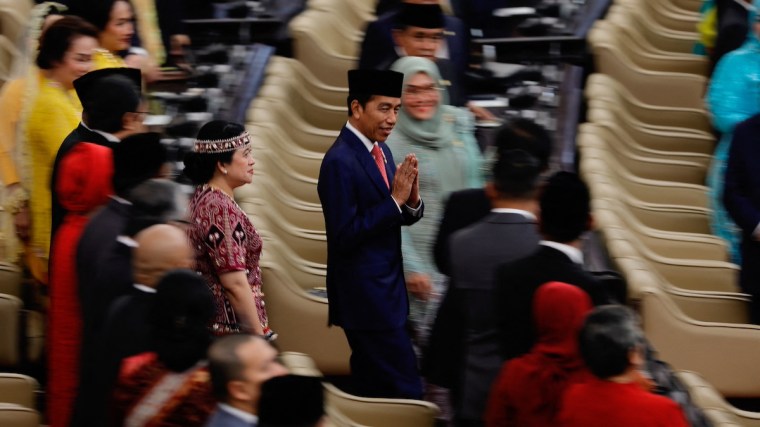Bangkok, May 29, 2024—Proposed amendments to Indonesia’s broadcasting law represent a clear and present danger to press freedom and should be scrapped immediately to uphold and protect democracy, the Committee to Protect Journalists said Wednesday.
According to multiple press reports citing a leaked draft of the broadcast bill, electronic and television broadcasts of “exclusive investigative journalism” would be restricted under the proposed changes, which are currently tabled for debate in the House of Representatives.
The bill, which also includes prohibitions on broadcasting LGBTQ content, does not provide details on how the proposed ban on investigative reporting would be implemented, Reuters reported, citing the leaked draft. Lawmakers who sit on Commission 1, the House committee overseeing the bill, have said the revisions are initial and still subject to change, the Reuters report said.
“Indonesian lawmakers should immediately scrap their wrongheaded amendments to the broadcasting law,” said Shawn Crispin, CPJ’s senior Southeast Asia representative. “Indonesia’s democracy works precisely because journalists can investigate and report freely on their findings. Any changes to the broadcasting law should protect, not imperil, press freedoms.”
Changes to the 2002 Broadcast Law were first deliberated by legislators in 2020, on the grounds that the law required updating, Reuters reported. If the proposed revisions are passed, they would apply to all content broadcast in the country, including via online streaming platforms, the Reuters report said.
The revised law could be passed as early as September, according to news reports. A discussion of the bill scheduled for Wednesday in the House of Representatives was postponed at the request of the Gerindra Party, a Tempo report said.
Indonesia’s democracy faces new challenges as it transitions from the outgoing President Joko Widodo to president-elect Prabowo Subianto, an ex-soldier linked to rights abuses, including the disappearances of activists in the late 1990s. Prabowo has variously denied and acknowledged the unresolved accusations.
Critics of the proposed amendments quoted in a South China Morning Post report suggested that both Widodo and Prabowo have incentives to curb the media’s ability to investigate their past actions.
Indonesia’s House of Representatives and Executive Office of the President did not immediately reply to CPJ’s emailed request for comment.
